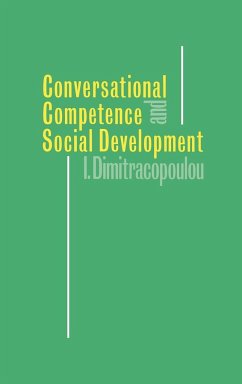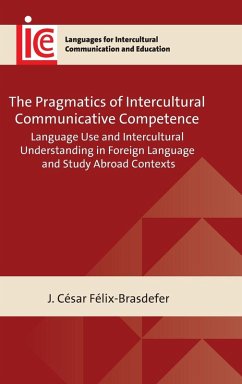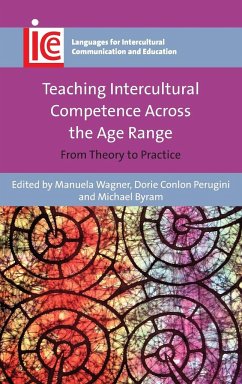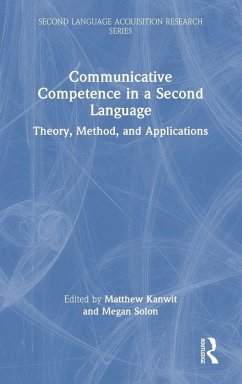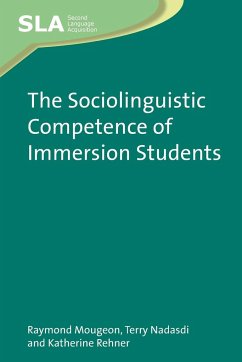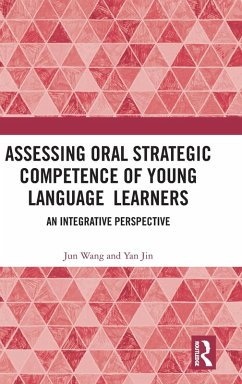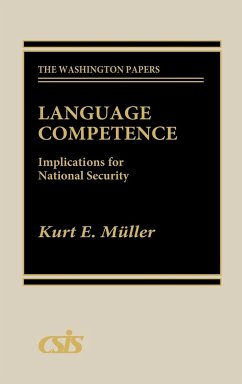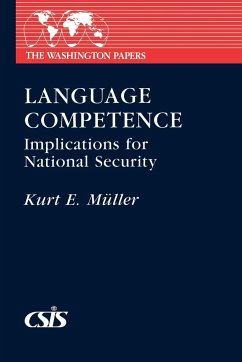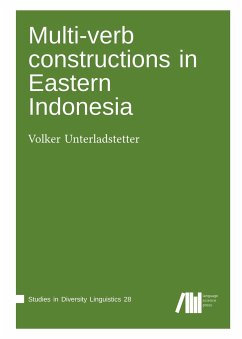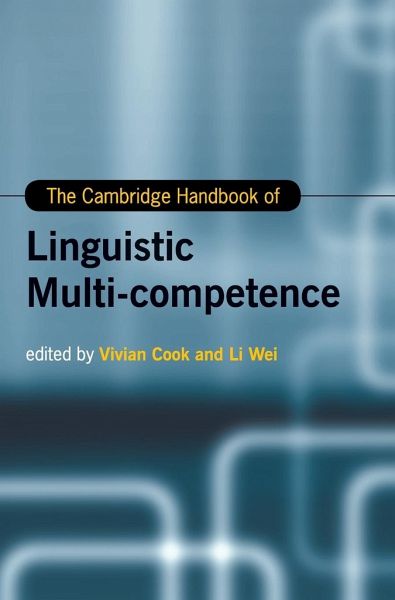
The Cambridge Handbook of Linguistic Multi-Competence
Versandkostenfrei!
Versandfertig in 1-2 Wochen
171,99 €
inkl. MwSt.
Weitere Ausgaben:

PAYBACK Punkte
86 °P sammeln!
How are two or more languages learned and contained in the same mind or the same community? This handbook presents an up-to-date view of the concept of multi-competence, exploring the research questions it has generated and the methods that have been used to investigate it. The book brings together psychologists, sociolinguists, Second Language Acquisition (SLA) researchers, and language teachers from across the world to look at how multi-competence relates to their own areas of study. This comprehensive, state-of-the-art exploration of multi-competence research and ideas offers a powerful cri...
How are two or more languages learned and contained in the same mind or the same community? This handbook presents an up-to-date view of the concept of multi-competence, exploring the research questions it has generated and the methods that have been used to investigate it. The book brings together psychologists, sociolinguists, Second Language Acquisition (SLA) researchers, and language teachers from across the world to look at how multi-competence relates to their own areas of study. This comprehensive, state-of-the-art exploration of multi-competence research and ideas offers a powerful critique of the values and methods of classical SLA research, and an exciting preview of the future implications of multi-competence for research and thinking about language. It is an essential reference for all those concerned with language learning, language use and language teaching.





